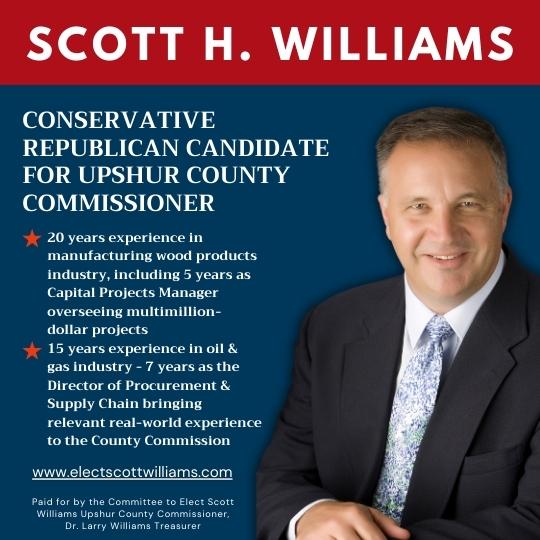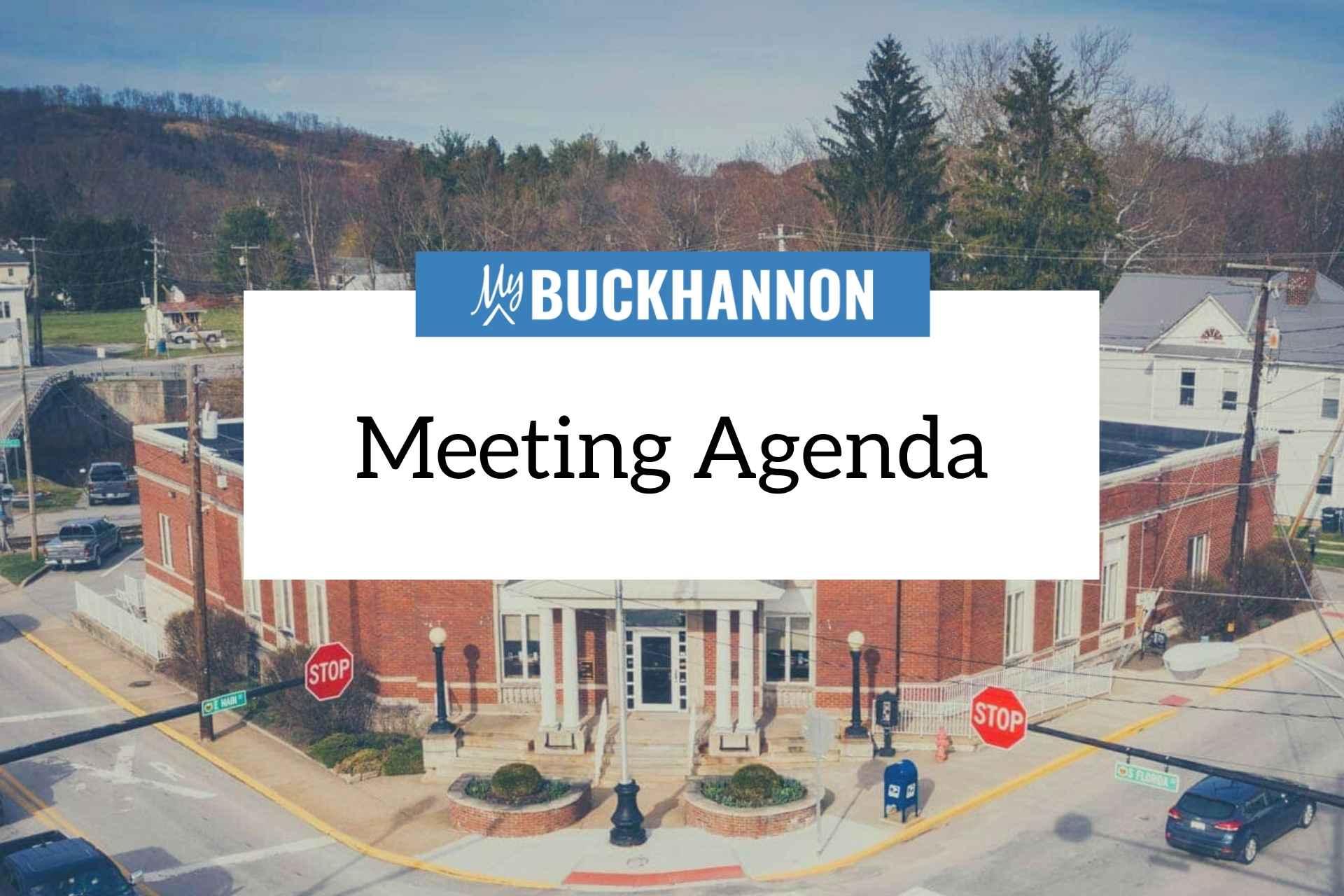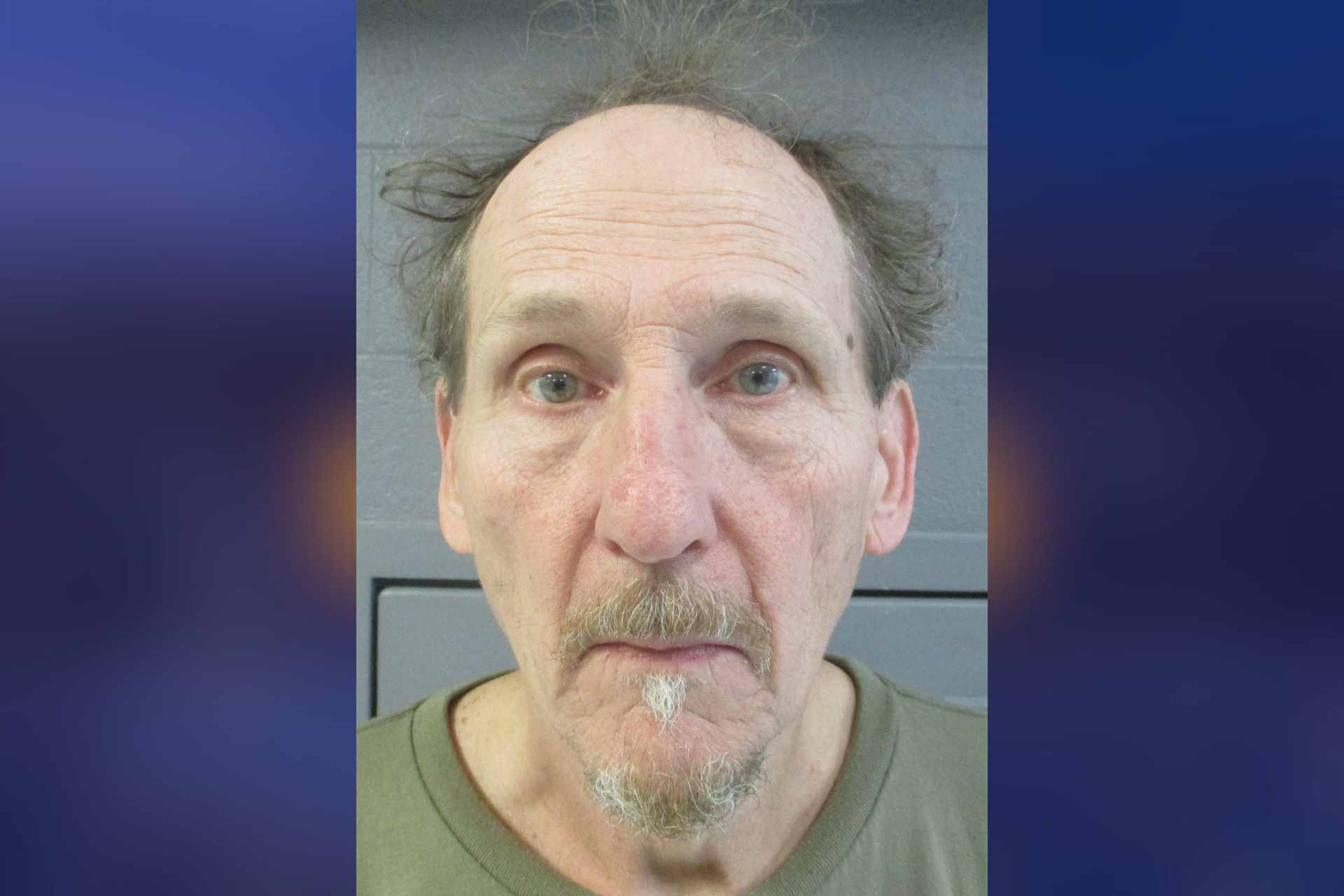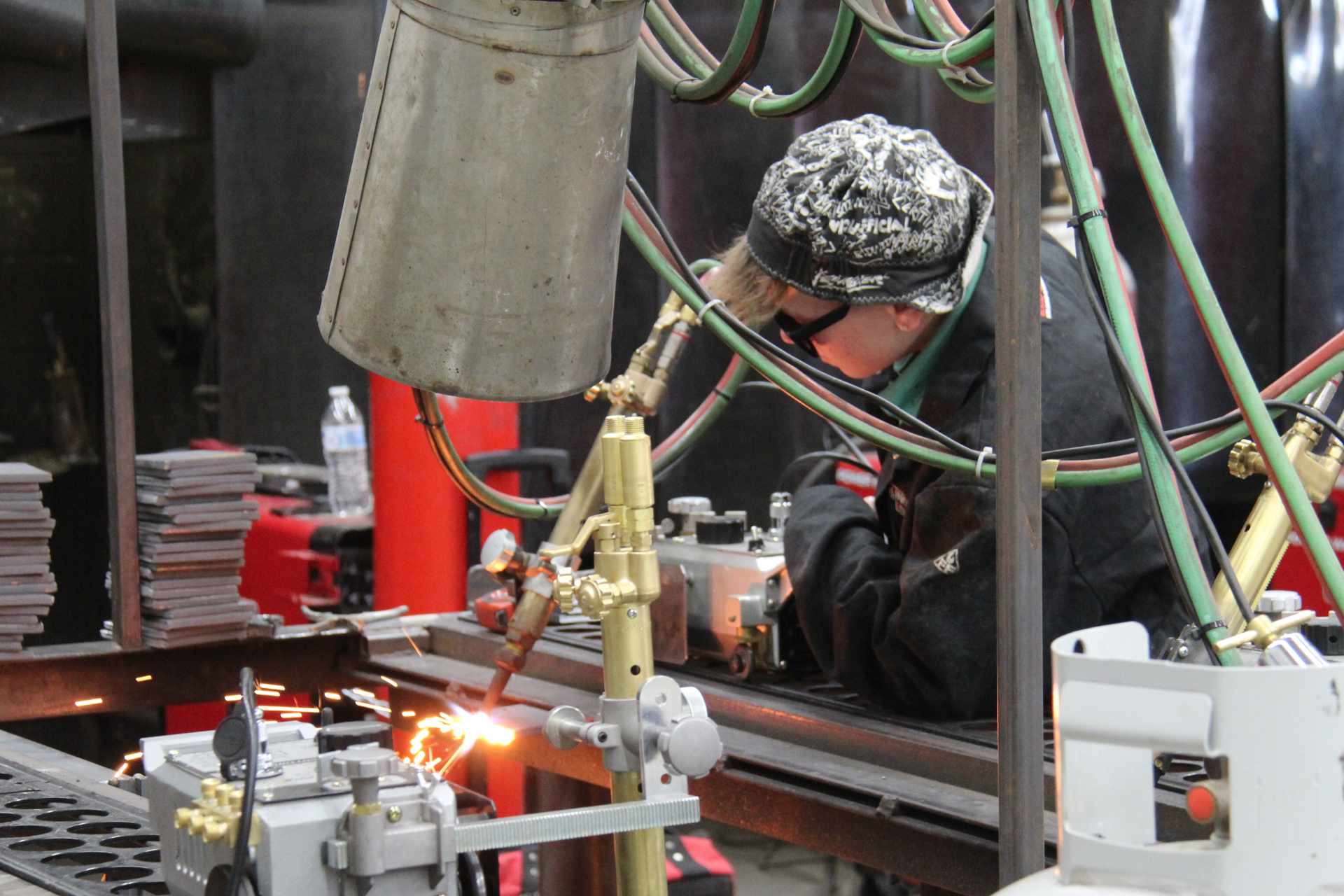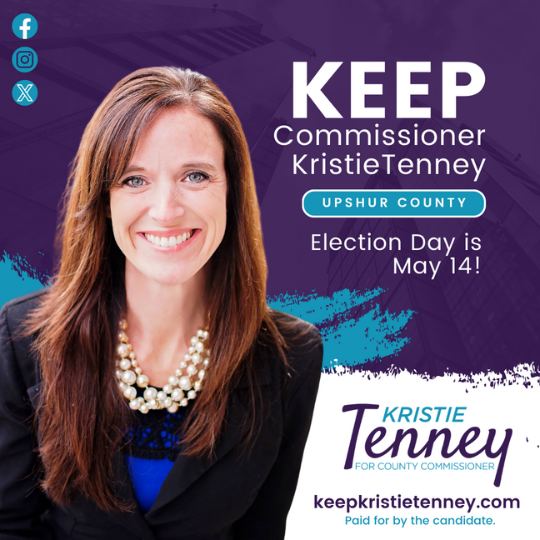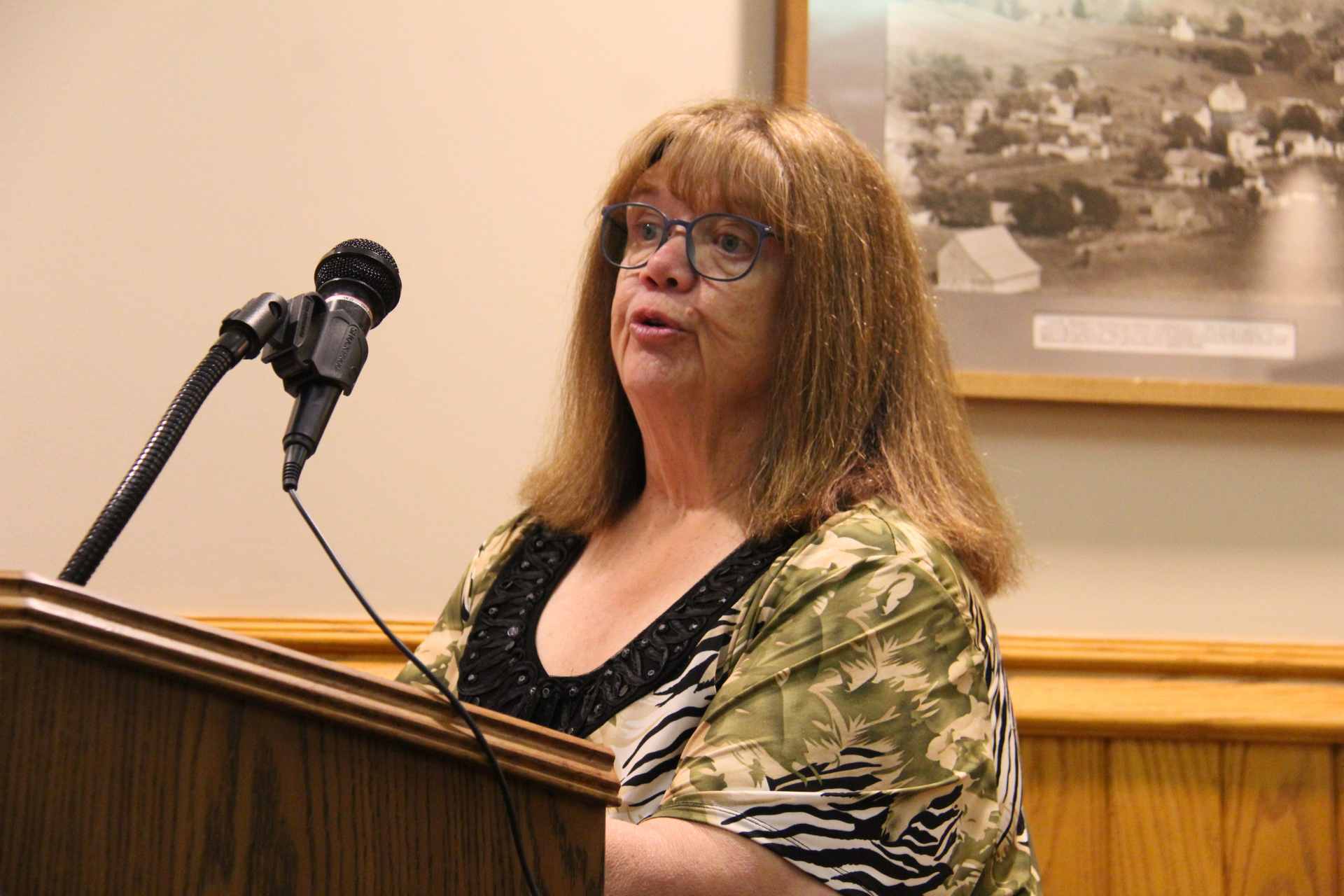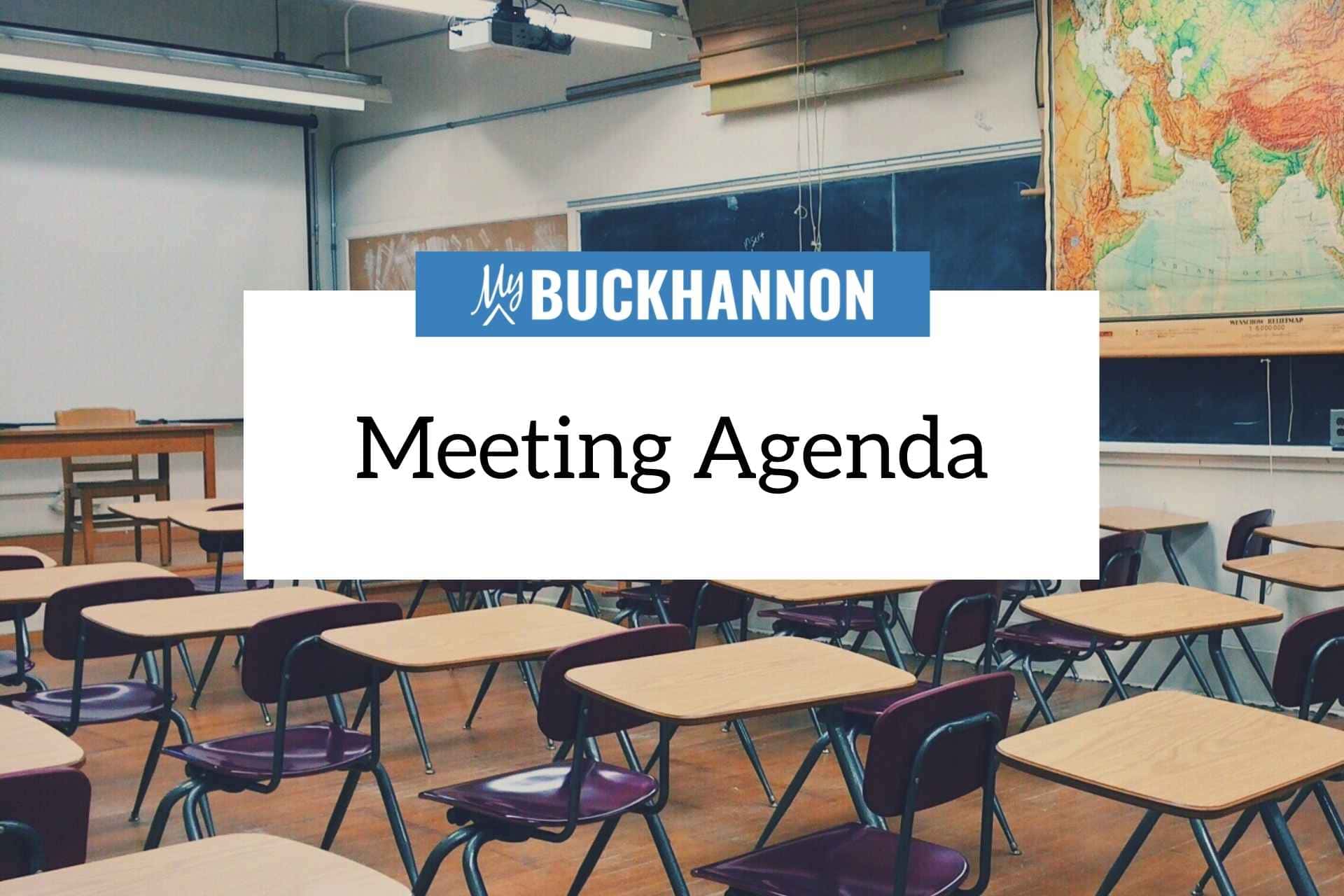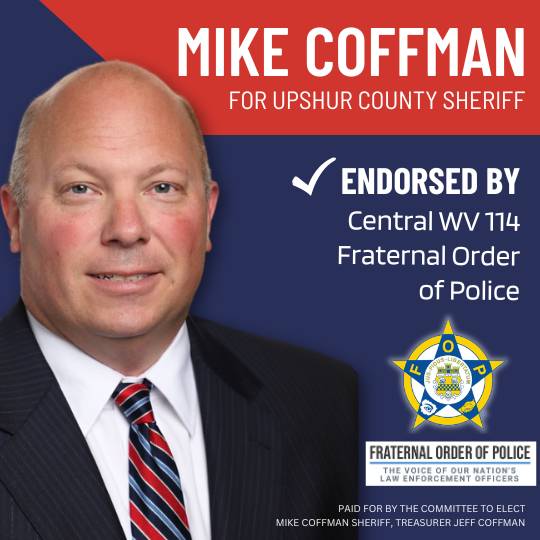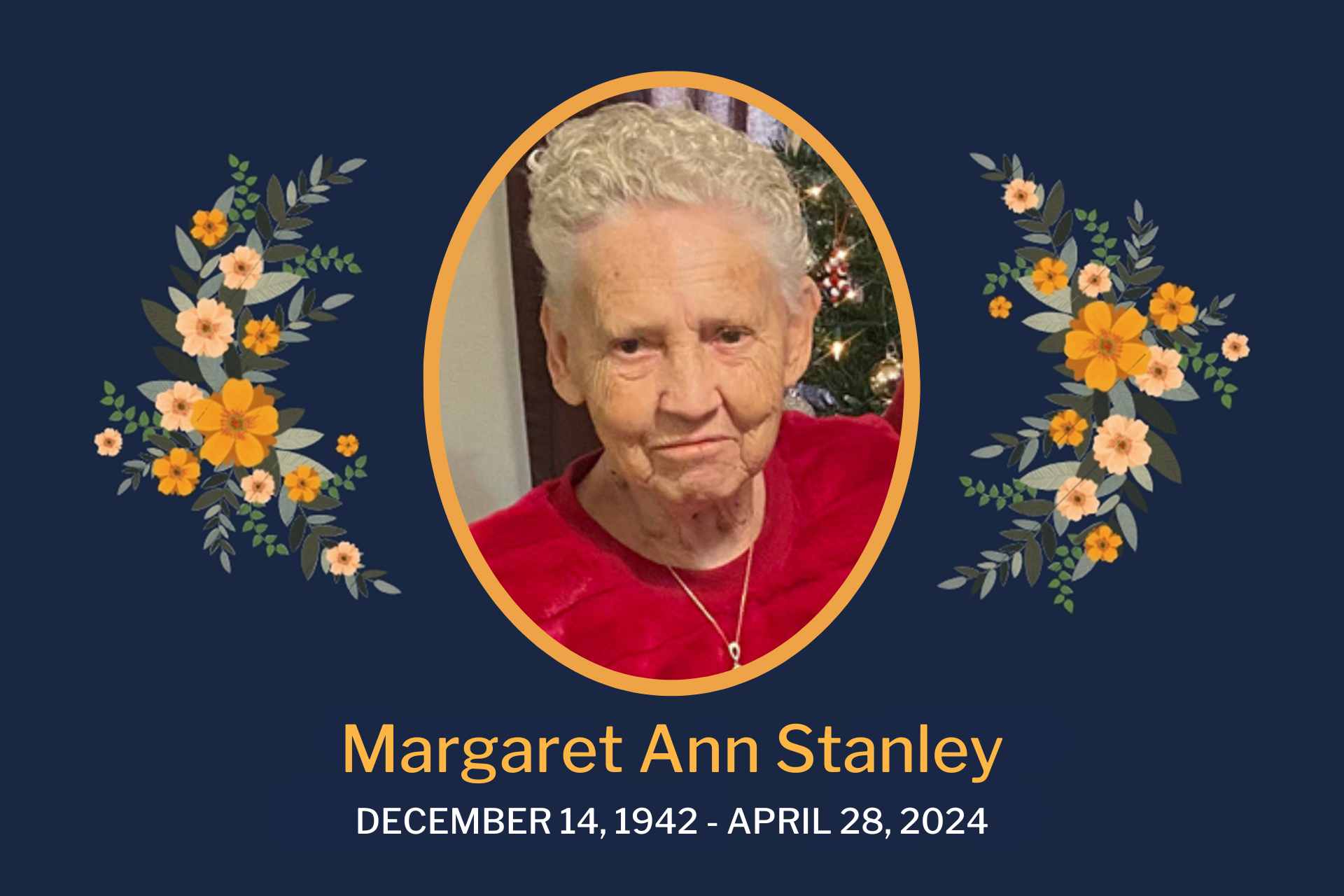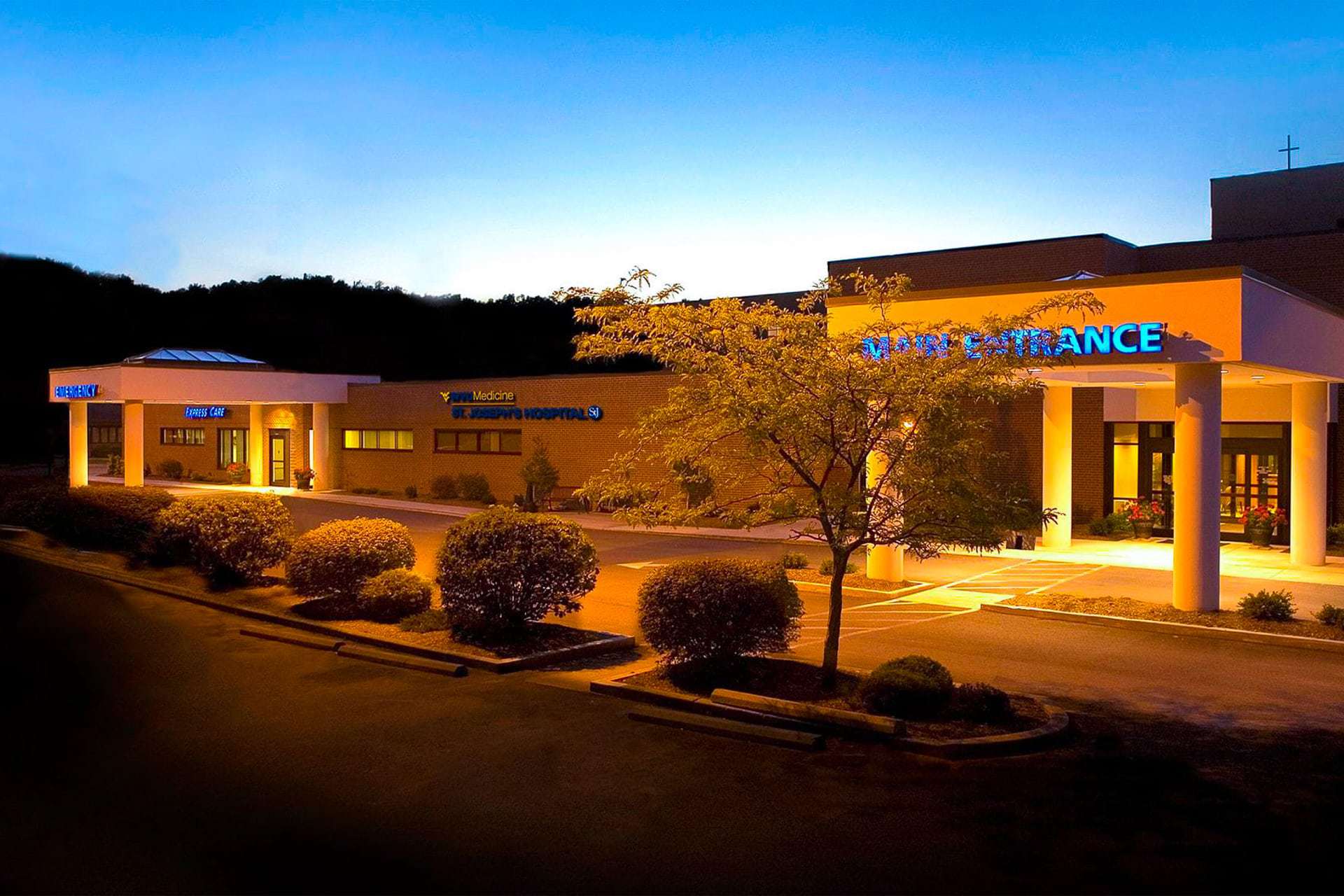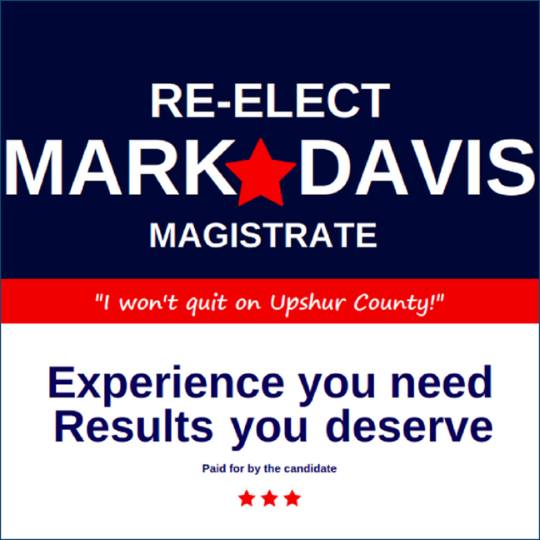BUCKHANNON – West Virginia Wesleyan College will reopen this fall with new COVID-19 safety guidelines in place.
Wesleyan will welcome students back to Wesleyan’s campus this fall, with classes starting Aug. 17. Dean of the Faculty and Chief Academics Officer Dr. James Moore said a Wesleyan faculty member put together a survey to determine whether the faculty wanted to return to face-to-face instruction. They also asked returning students what they would prefer.
“Faculty members said loud and clear, ‘if we can figure out how to do it safely, with social distancing and precautions, we by and large want to be teaching face-to-face,’ so our students wanted to come back and our faculty wanted to teach our students,” Moore said.
Wesleyan recently released its Return to Campus Plan, which details all the guidelines and policies that will be in place in the fall, and you can view it here.
Moore and vice president for advancement Bob Skinner discussed the plan with My Buckhannon in a recent interview. Skinner emphasized that although he appreciated what online schooling allowed the college to accomplish, he is excited to return to campus.
“Online coursework is great, but face-to-face is far better and so we’re looking at what’s best for students and faculty in terms of exchange of information, ideas and learning,” Skinner said. “The essence of Wesleyan is as a residential college with interaction between faculty and students, so that’s been the driving force, because that’s what Wesleyan has been doing since 1890.”
Moore said their guidelines are driven by recommendations from the Centers for Disease Control and the Upshur-Buckhannon Health Department.
“I would say it was a healthy combination of CDC, but also Sue (McKisic, nursing director) over at the health department was a big resource, helping us through things on the front end but also vetting ideas that we had, so we have a wonderful back-and-forth with her and her people,” Moore said.
Moore said the first aspect people will notice when entering Wesleyan’s campus will be the usage of masks and other face shields.
“Everyone is going to be wearing masks, and we are not only going to be relying on masks, but also on face shields, in combination with masks, in many cases to help give that added layer of protection, so you’ll see faculty using a combination of those things,” Moore said.
He said Wesleyan staff went through all the classrooms on campus and measured how many desks can be fit in each room at a six-foot radius.
“We have a capacity for each classroom that, when we’re not in the middle of a global pandemic, is basically how many desks we can fit into a class and that’s how we figure out which classes are scheduled in which rooms,” Moore said. “We went through the campus with tape measures and redid all those room capacities so we had a six-foot square and the proper kinds of distance in there so students will notice that classroom capacity is reduced.”
He said students will also start attending classes in rooms where they have never taken a class before.
“We’re taking a much more strategic approach to where we schedule certain classes based on enrollment,” Moore said. “The other aspect you’ll notice is that we’re going to have larger spaces on campus that we don’t normally use for traditional classes. A student might have their English class in the auditorium because it’s very large, and we can safely fit a lot more students in that room.”
Classes that are taught in person will also offer online contingencies.
“Every faculty member, teaching a fully face-to-face course, or what we’re thinking of as a modified hybrid course, will also be set up so they are able to stream that class, live via Zoom or Google Meet or some sort of a platform,” Moore said. “Let’s say a student happens to not be able to be in class because they’re ill or for whatever reason, they can experience that class virtually and participate.”
There will also be modified hybrid classes, where students will be on a rotation so some students will be in the classroom, and some will participate online. Moore said these classes are meant for rooms that can only handle a certain number of students safely.
“We’re trying to preserve as much of that face-to-face interaction, even if it is virtual, for students who aren’t in the room,” Moore said. “Our size right now is really a benefit. As a small college, we have the ability to really serve face-to-face safely.”
Skinner said he was confident in the plan the college came up with and looks forward to seeing students on campus again.
“I think all of us want our students to come back, and we’re committed to safety,” Skinner said. “I feel confident in the plan that’s being developed; we have input from all facets of campus including students.”
“Let’s face it – it’s been really quiet over here,” he added. “We’re looking forward to having the campus become more alive, instead of just having the squirrels running around.”
Skinner also talked about the cancelation of alumni events, which was announced earlier this week, and how they are working on several online events instead.
“We’re working on some virtual events that we’re going to hold regionally and on Homecoming weekend,” Skinner said. “We chose not to do go to Homecoming on campus, really, for two reasons. One, we’re paying really close attention to the governor and the number of people that can be allowed in an event and that count really hasn’t risen above 100 for a couple of months now, and it goes back and forth and we have close to 1,000 people who return.”
He said from a venue standpoint, it would be hard to maintain safe social distancing.
“Homecoming is handshakes, hugs and food, all three things of which are a counter to keeping the virus at bay,” Skinner said. “I think we’re making an effort to keep the students, faculty and staff safe, and we just didn’t want to bring a thousand people from all over the country to campus, when we’re really doing our best to protect our students, faculty and staff.”






